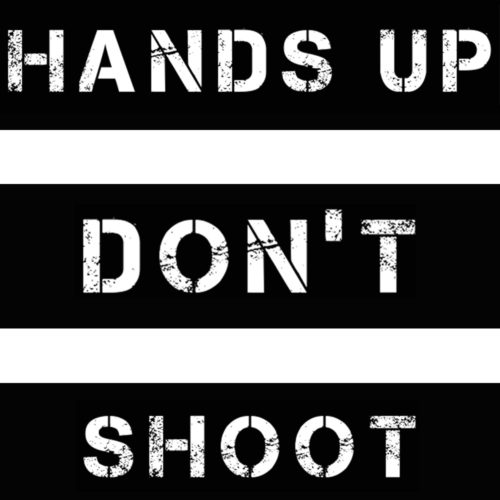When Black Lives Don’t Matter
One of my friends told me today that she shadowed in the emergency room on Friday night. She told me they had a patient who was pronounced dead on arrival after being shot 24 times. Unfortunately, this is a typical narrative for our emergency room on a Friday night. I wish I was surprised, I wish I didn’t already know the story, and I wish the news of another young life prematurely and senselessly erased from this earth even made the news.

